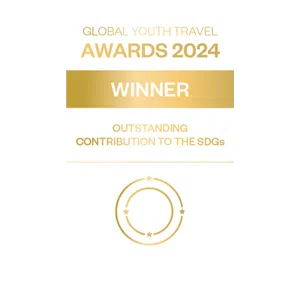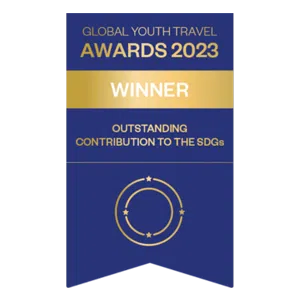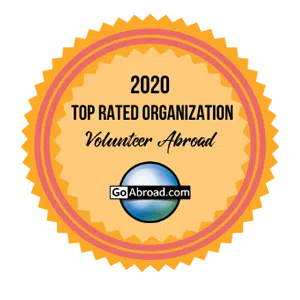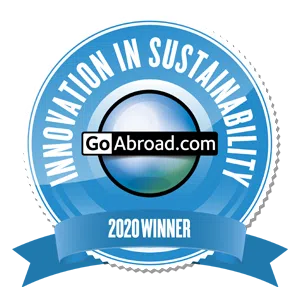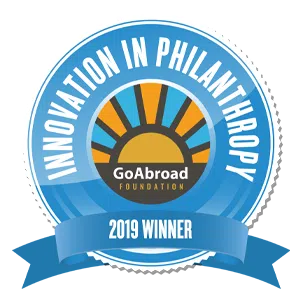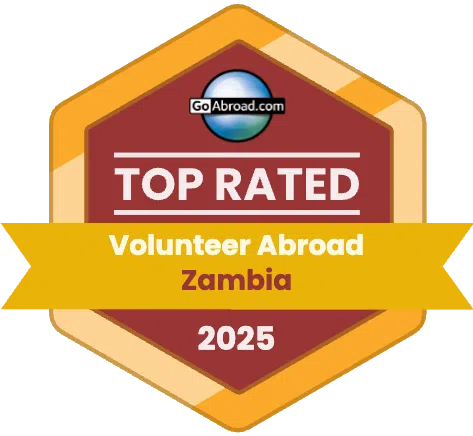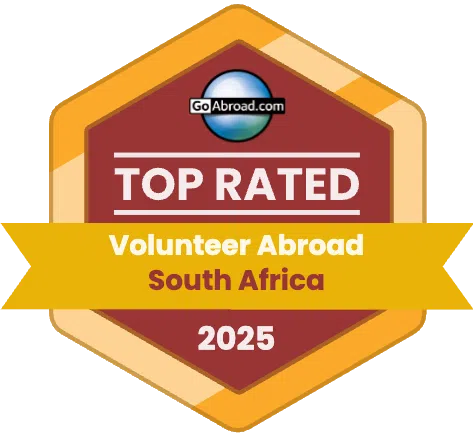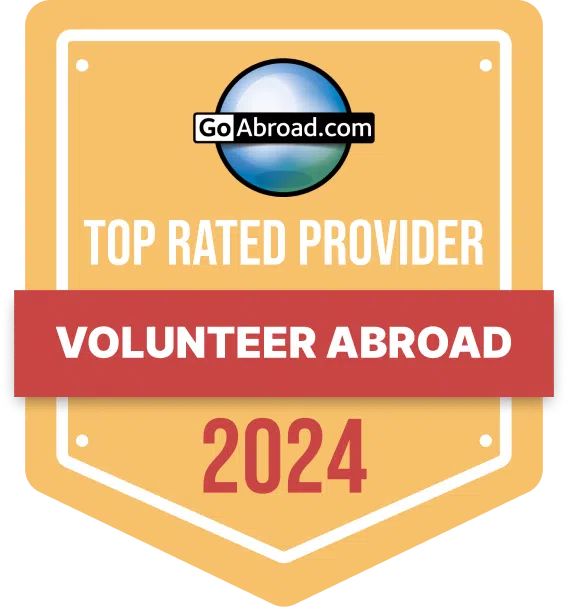From $6300
WILDLIFE PHOTOGRAPHY INTERNSHIP IN SOUTH AFRICA
Develop Your Photography Skills on a Wildlife Conservation Project
Immerse yourself in an unforgettable journey where wildlife encounters ignite artistic expression. This Wildlife Photography Internship in the Greater Kruger Area places you alongside a professional photographer, honing your skills while contributing to vital conservation efforts. You’ll get to run workshops for our Wildlife Photography Volunteers as well as assist them whilst out and about in the African bush. You get the opportunity to learn more whilst also imparting your skills with those on their first photographic adventure. This is a unique personal and professional development opportunity in the Greater Kruger Area that sees interns supporting wildlife conservation initiatives through the medium of photography.
Project Highlights
EDITS AND GROUP CRITIQUES
ASTROLOGICAL PHOTOGRAPHY
ADOBE PHOTOSHOP SKILLS
PHOTOGRAPHY SKILLS
ACTIVE PARTICIPATION
Project Impact Areas
Here’s how you will create significant impact through the Wildlife Photography Internship in South Africa:
Project Destination
Immerse yourself in the untamed majesty of the Greater Kruger Area, a sprawling tapestry of over 20 private reserves seamlessly woven together. Bordering the iconic Kruger National Park, this vast landscape pulsates with life, serving as a sanctuary for an extraordinary array of threatened species – from the majestic lion to the powerful elephant, the humble giraffe to the endangered African wild dog.
The whole area comprises almost 5.5 million acres of unfenced land where animals roam freely across wild savannah. The Greater Kruger Area offers endless opportunities for wildlife encounters – the elephants might join you for dinner and just wait until you hear the hippos at night!
Life At Base
Accommodation & Meals
You will be staying at Kambaku II Camp in the heart of the African wilderness. It is a traditional bush lodge with all the facilities and furnishings you need for a comfortable and authentic stay in Africa. The accommodation includes seven large dorm rooms overlooking the Olifants River. All the rooms have air conditioning and en-suite bathrooms. Some of the facilities include a swimming pool and outdoor fire pit where we have braais (BBQs), all set in a great shared social space.
Meals are provided 7 days a week at Kambaku II Camp and can cater for any dietary requirements, with enough notice. Our local chefs prepare a variety of meals from delicious and nutritious menus including bobotie, a potjie and a Cape Malay-style curry. Experience the excitement of cooking on an open fire with a South African braai twice a week.
Communication
Cellular signals can be variable. If you are purchasing a local, South African SIM Card, we would recommend using MTN as the service provider. WiFi is available throughout the lodge.
Flights & Arrivals
Hoedspruit Airport (HDS) is your best bet, just 1 hour and 15 minutes from Kambaku II Camp. Arrive anytime on the Sunday that your placement begins and depart anytime on the Sunday it ends. We’ll be there to greet you! Look for the African Impact sign and a friendly face ready to welcome you.
If you are arriving from somewhere other than Hoedspruit, our partner shuttle company offers African Impact interns a discount when booking with a promo code. Please request this from your Destination Specialist.
Staff
Meet Anique van der Kuil, our dynamic Photography Coordinator. With a Bachelor’s Degree in Creative Business under her belt, Anique brings a unique blend of creative thinking, writing prowess, and image capture expertise to our team.
Anique’s journey with African Impact began as a volunteer, where she immersed herself in both Wildlife Research and Photography at our Greater Kruger Base. This hands-on experience ignited her passion for conservation and visual storytelling
A true digital native, Anique thrives in the fast-paced world of social media. She has a keen eye for analytics and stays ahead of the curve in this ever-evolving landscape. Her talent hasn’t gone unnoticed – her captivating content has been featured by industry giants BBC Earth and Canon South Africa.
Want to see the world through Anique’s lens? Follow her adventures on Instagram @capturedbyanique and witness her unique perspective on wildlife and conservation.
With Anique at the helm of our photography initiatives, we’re excited to showcase the beauty and importance of our work in ways that inspire and educate.
Safety
Our qualified Field Guides are trained in wildlife encounters, have valid driver’s licenses and our vehicles are well-maintained. Our vehicles are all fitted with radios to ensure we always have contact with base camp. Our project is committed to safeguarding our volunteers, staff and the environment. Our team is trained in Health, Safety, and Environment (HSE) competencies. The base is equipped with fire safety equipment, evacuation plans and has access to an ambulance service. Personal Protection Equipment (PPE) is provided for physical conservation work. Upon arrival, our staff will induct you on our policies, procedures, and code of conduct to ensure your safety and awareness.
Project Gallery
Project FAQs
What kind of wildlife will I be photographing?
The Greater Kruger Area boasts incredible biodiversity, including the African Big 5 (lion, elephant, leopard, rhino, and buffalo), plus diverse antelope, hippos, crocodiles, hyenas, giraffe, zebra, and countless bird species. Your specific encounters will depend on the season, location, and luck, but rest assured, you’ll have ample opportunities to capture magnificent wildlife moments as a wildlife photography volunteer.
Will I be able to photograph the Big 5 at this project?
Whilst there is evidence of the African Big 5 (lion, elephant, leopard, rhino and buffalo) all around us, we cannot guarantee that you will see them all. Our project is based in a wilderness area where animals roam freely and do as they please, however, the Olifants River in front of our base attracts plenty of elephants, hippos, crocodiles and a multitude of bird species.
Do I need prior photography experience?
Absolutely not! Our wildlife photography program welcomes enthusiasts at all levels, especially those driven by a passion to learn and capture the magic of Africa’s wildlife. Our expert guides will provide comprehensive training and mentorship, equipping you with the skills and knowledge needed to transform your passion into stunning images. So, whether you’re a seasoned photographer or just starting your journey, a true photography adventure awaits!
How does my photography contribute to conservation efforts?
Our wildlife photography volunteer program often partners with research institutions or conservation NGOs, which means your photos may be used for various purposes, such as monitoring animal populations, documenting specific behaviors, raising awareness about threats, or contributing to educational materials. You’ll gain a deeper understanding of conservation challenges while playing your part in protecting Africa’s precious wildlife.
Will I benefit fro this project if I am an established photographer?
You may go through some of the basics of wildlife photography on this project, however, we offer unique skills development, such as macrophotography and atrological photography. As a Wildlife Photography Intern you will have the opportunity to work on a specific project of your choice.
How do the volunteer and internship projects differ?
Out internships are essentially an extension of our volunteer projects, offering Interns the opportunity to form part of our team from week 4. They will assist our team in leading projects, receive individual mentorship from our team and have the opportunity to work on their own projects under the guidance of our Photography Coordinator.
What are the benefits of being an intern?
Interning abroad specifically in wildlife photography offers a unique blend of personal and professional development unlike any other. Immerse yourself in the breathtaking landscapes of the Greater Kruger ares whilst honing your skills! This internship is an investment in your personal growth, professional aspirations, and your passion for the natural world. Wildlife Photography Interns will have the opportunity to;
– Hone in on both Lightroom and Photoshop skills
– Focus on a photography project of your choice
– Assist the Photography Coordinator by providing guidance to Wildlife Photography Volunteers
Our Favourite Weekend Activities in the Kruger Area
These activities are optional extras, which are not included in the project fee.
Your Enquiry Starts Here
Travel With a Friend
Costs reduce if you book with a friend, or if you are a return volunteer.
Minimum Age
The minimum age for this project is 16 years of age.
| Duration | Program Fee |
|---|---|
| 8 weeks | $6,300 ($788 per week) |
| 10 weeks | $7,330 ($733 per week) |
| 12 weeks | $8,360 ($697 per week) |
| 8 weeks | £5,040 (£630 per week) |
| 10 weeks | £5,864 (£587 per week) |
| 12 weeks | £6,688 (£558 per week) |
| 8 weeks | €5,796 (€725 per week) |
| 10 weeks | €6,744 (€675 per week) |
| 12 weeks | €7,691 (€641 per week) |
| 8 weeks | $9,324 ($1,166 per week) |
| 10 weeks | $10,848 ($1,085 per week) |
| 12 weeks | $12,373 ($1,032 per week) |
INCLUSIONS
- African Impact bush style accommodation with swimming pool
- Breakfast, lunch and dinner (Mon - Sun)
- Airport transfers on arrival and departure
- All project transport, equipment and resources
- Support from experienced local and international African Impact staff
- Full orientation for responsible project contribution
EXCLUSIONS
PROJECT FEE INCLUDES
- African Impact bush style accommodation with swimming pool
- Breakfast, lunch and dinner (Mon - Sun)
- Airport transfers on arrival and departure
- All project transport, equipment and resources
- Support from experienced local and international African Impact staff
- Full orientation for responsible project contribution
PROJECT FEE EXCLUDES
PARTICIPANT REQUIREMENTS
The minimum age for this project is 16 years of age. Please note that parental consent is required before arrival for those aged 16 and 17.
DO YOU NEED SUPPORT?
Our experienced African Impact team is here to support you.
What Is Volunteering?
Volunteering in Africa means travelling with purpose—joining meaningful community or conservation projects, where you pay to cover your stay and project costs, turning your trip into an immersive, impactful experience rather than a traditional holiday.
After completing this enquiry form, one of our Destination Specialists will get in touch to discuss your volunteer experience and any questions you may have.
"*" indicates required fields


































